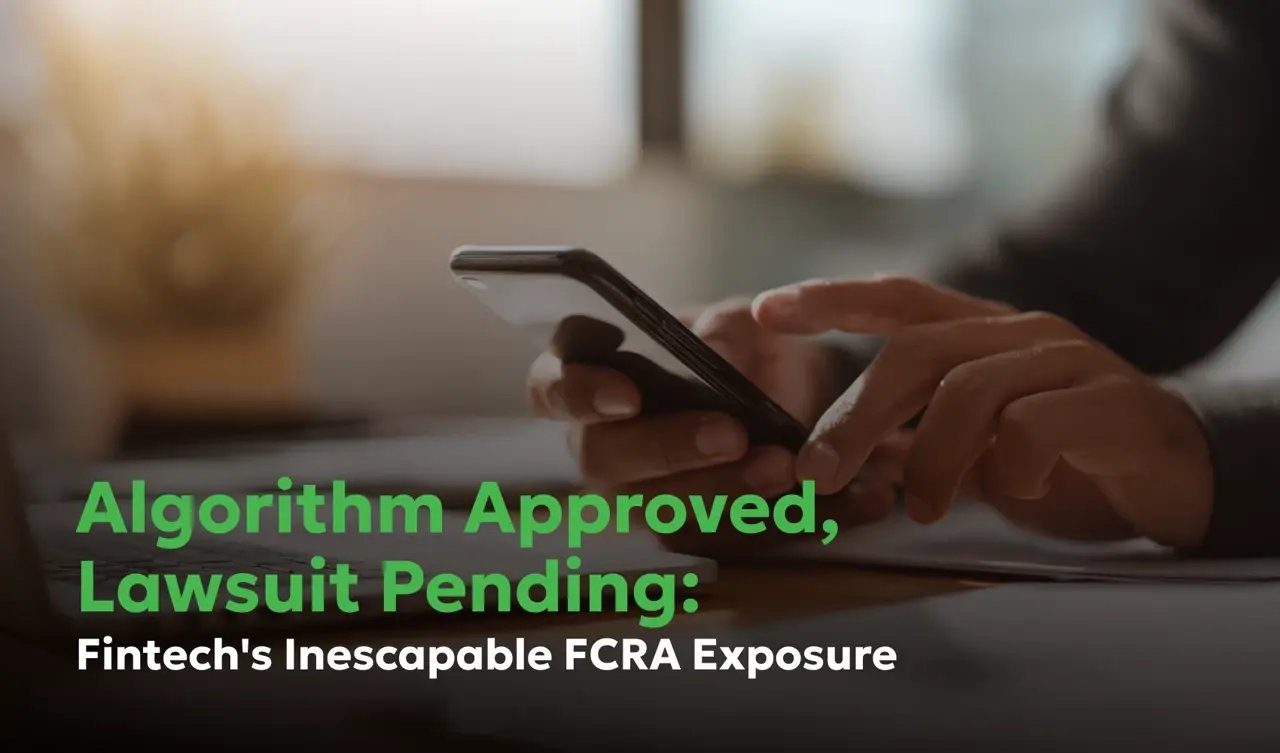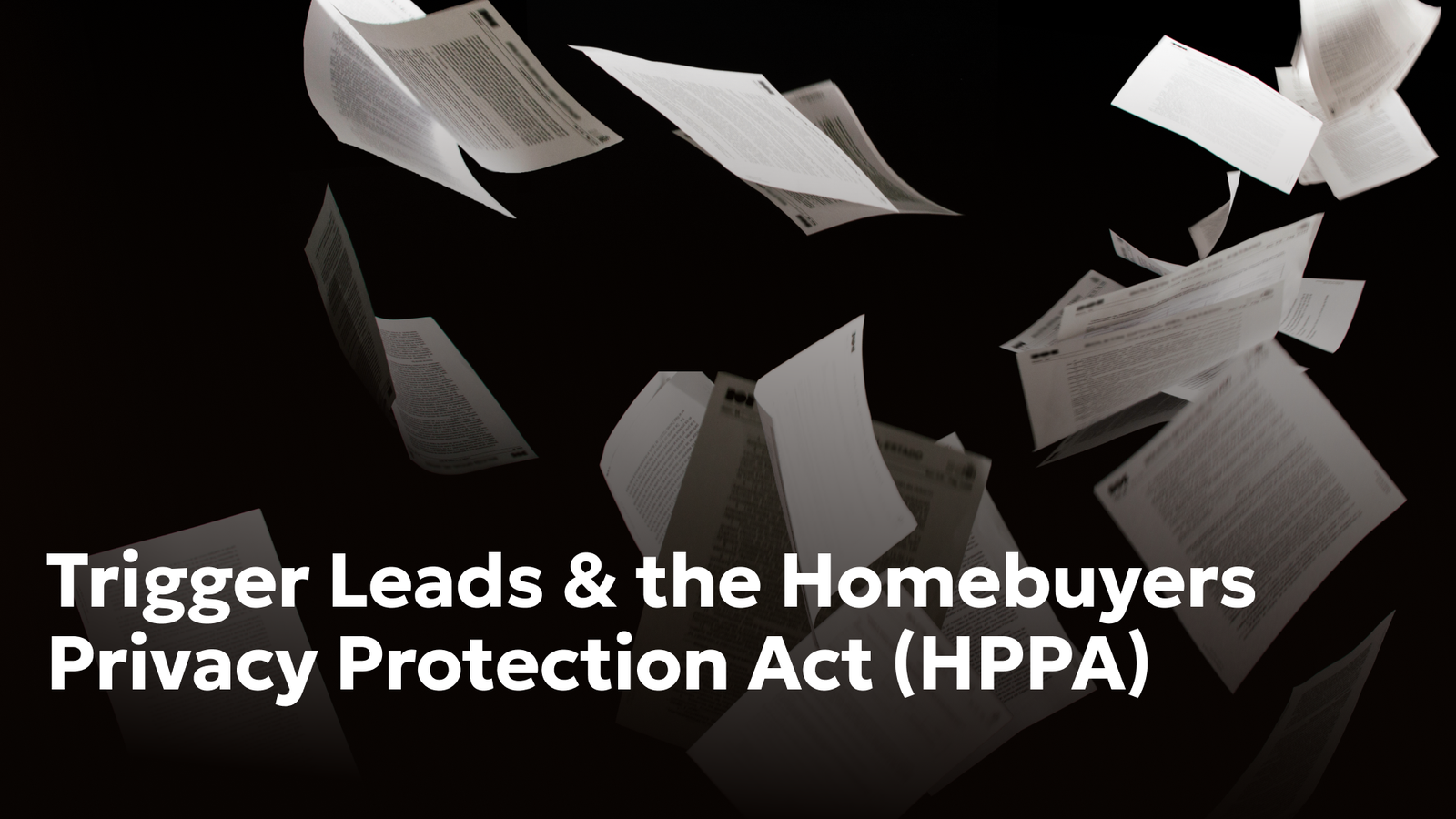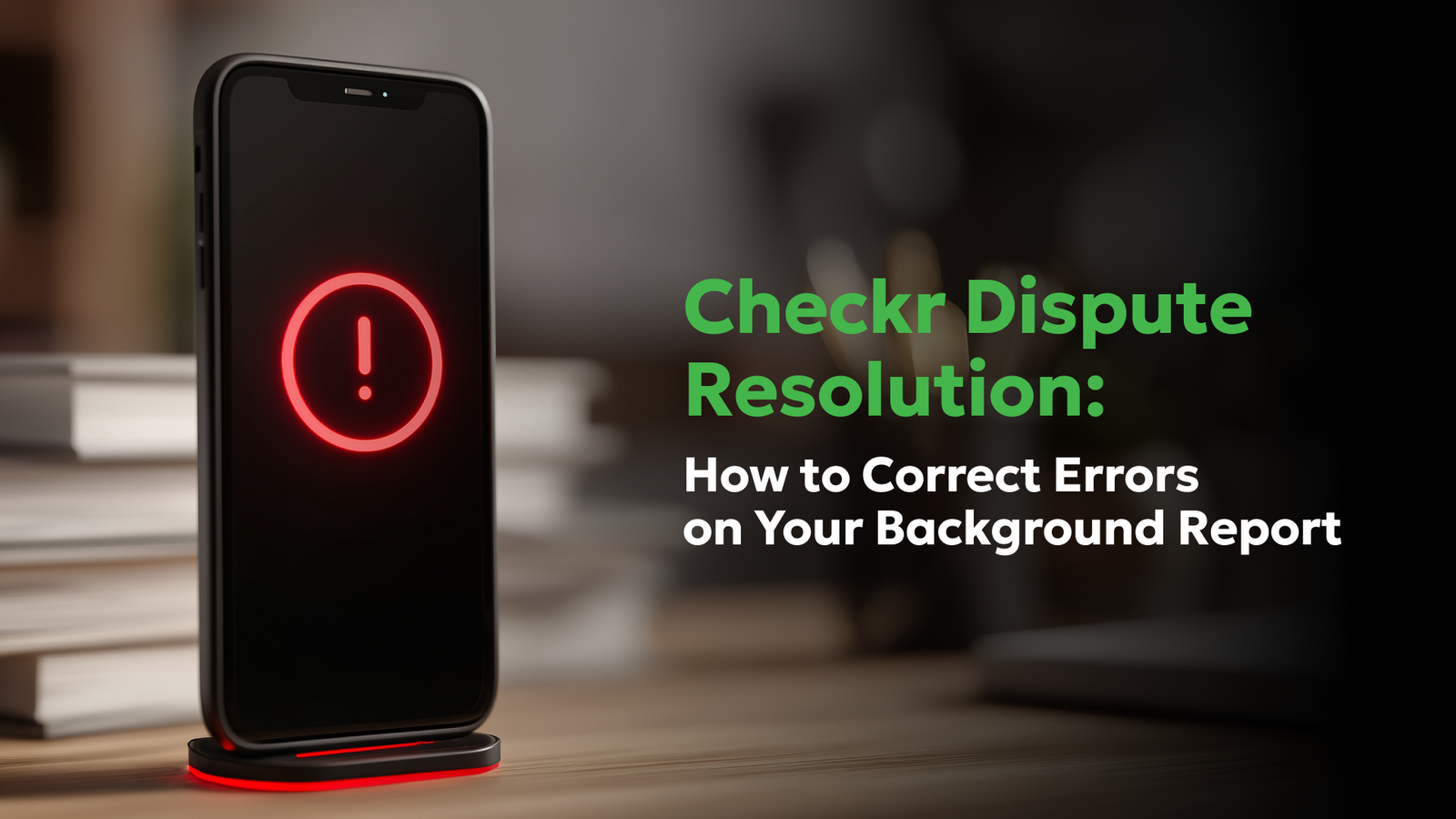What amounts to a reasonable investigation by a furnisher?
- Blog
- All about FCRA
What amounts to a reasonable investigation by a furnisher?

The reasonableness of the investigation depends on the circumstances of a case
See how a furnisher's investigation can be reasonable or not.
Back-and-forths in the form of disputes are not alien to the credit space. So, when a consumer disputes an alleged inaccuracy in their credit report, the relevant credit reporting agency will inform the furnisher.
The furnisher should then carry out a reasonable investigation into the dispute. This post dives into the case of Hauge v Amerihome Mortgage Company to uncover the concept of reasonable investigation.
Keep reading.
Experian Dispute Form: How to Correct Errors on Your Credit Report
If you've found errors on your Experian credit report, filling out an Experian dispute form is a crucial first step in correcting them. Our legal team can guide you through the dispute process and help you gather the evidence needed to support your claim. Don't hesitate to contact us for assistance with your Experian dispute form and any related credit report issues.
Facts of the case
In this case, the plaintiff made mortgage payments using a third-party online payment processor called Check Free. While for three consecutive months, the plaintiff entered the wrong account number, the payments still went through. However, in the fourth month, the payment was rejected due to the incorrect account number.
The payment was rejected for the same reason when the plaintiff attempted to pay by check. Consequently, the payment was recorded as a delinquent payment due to the delay.
The plaintiff, however, disputed the report of delinquent payment with the relevant credit reporting agencies, each of which proceeded to send a copy of the dispute letter and an Automated Consumer Dispute Verification to the furnisher.
The defendant’s investigator reviewed the plaintiff’s account and service notes stating the plaintiff’s calls and proceeded to verify the plaintiff’s loan transaction and mortgage history. After countless twists and turns, the plaintiff initiated an action against the defendant alleging that, amongst other things, the defendant failed to reasonably investigate his disputed information.
The verdict and lessons
The defendant moved for summary judgment on the ground that, amongst other things, its investigation was reasonable and accurate. However, the court rejected the argument.
Why so?
The Fair Credit Reporting Act creates an obligation for furnishers of information to provide accurate information to credit reporting agencies.
If a consumer notices a credit reporting error, he has the right to dispute the error with the relevant credit reporting agencies. Once the credit reporting agencies notify the furnisher of the dispute, the furnisher is obligated to investigate the disputed information.
The FCRA mandates the furnisher to conduct a reasonable investigation.
What amounts to the reasonableness of an investigation is dependent on the circumstances of the case, and attention must be paid to what the agencies’ notice of dispute revealed to the furnisher. But in essence, a reasonable investigation demands careful inquiry by the furnisher.
However, evidence indicates that the defendant only focused on the plaintiff’s payment history.
A furnisher of information, such as the defendant, should not focus only on just the consumer’s payment history. This is because other aspects of the consumer’s account can yield much-needed information about when a consumer made payments.
In fact, if the defendant had carefully inquired into other areas of the plaintiff’s account they would have instantly discovered that the plaintiff attempted to submit payments promptly as before, only for it to be rejected by the defendants.
Also, the defendant’s failure to inform the credit reporting agencies of the reason for rejecting the plaintiff’s payment further highlights the unreasonableness of the investigation.
Credit reporting errors are a menace, but they are not the only threats that consumers face. Consumers have to deal with indolent furnishers as we can see in this case. With that being said, sign up for any of our legal packages today for steady support whenever the need arises.


Daniel Cohen is the Founder of Consumer Attorneys. Daniel manages the firm’s branding, marketing, client intake and business development efforts. Since 2017, he is a member of the National Association of Consumer Advocates and the National Consumer Law Center. Mr. Cohen is a nationally-recognized practitioner of consumer protection law. He has a we... Read more
Related Articles




R
ONGS™You pay nothing. The law makes them pay.







